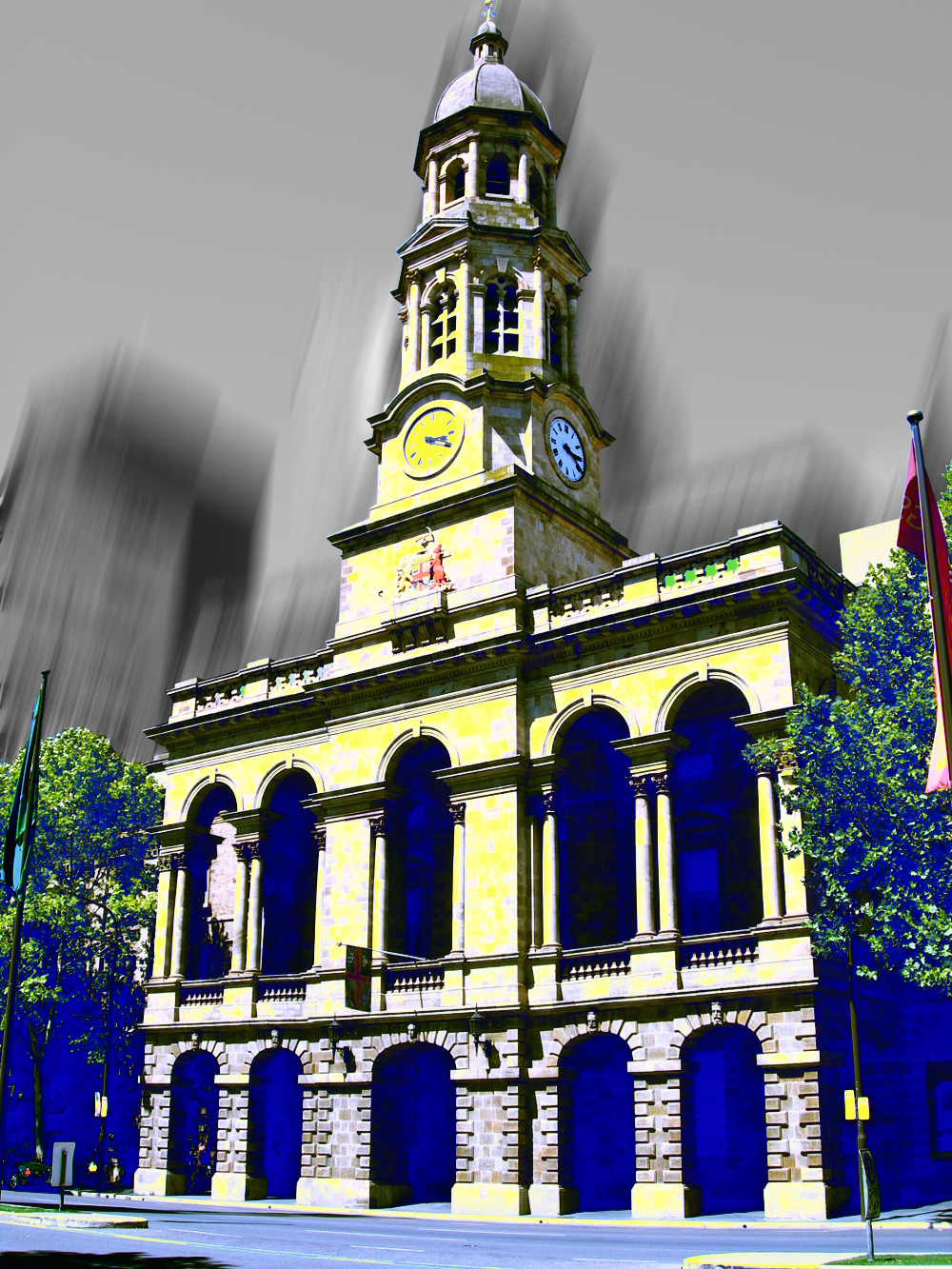Experts circling advanced Adelaide
 Researchers want to make Adelaide an ‘integrated smart city’ to demonstrate the mod-cons of tomorrow, but some warn personal privacy would be lost.
Researchers want to make Adelaide an ‘integrated smart city’ to demonstrate the mod-cons of tomorrow, but some warn personal privacy would be lost.
The push toward ‘smart cities’ is going on around the world, with experts spruiking the idea that cities can combine digital and communications technology with infrastructure to make cities more liveable and accessible.
Depending on who is asked, it could mean big things for business, architecture, agricultural science, health, environment, law, road safety and other areas.
The South Australian Government, Adelaide City Council and tech firm Cisco are putting on events to bring expertise from the city's three major universities together.
The leader of South Australia's smart cities initiative, Professor Ali Babar, a software engineer, says Adelaide might be the perfect size to test integrated technology to improve daily living.
“Adelaide is a mid-sized city which has excellent infrastructure, which compares well with the very big cities,” he told the ABC.
“There is also the political will ... and three universities with a huge knowledge base of disciplines.
“We need to focus on improving the economy, liveability also mobility,” Professor Babar explained.
He said the ageing population could be the first to receive help.
“Elderly people would be able to interact not only with the outside world with minimum support and supervision... [but] if an accident happened there could be help available to them, a quick response.”
The researchers suggest an advanced network of sensors could be linked to people’s smart phones to help the city run more efficiently.
“Some aspects can definitely be controlled, public transport for example — using GPS can enable you to come to the bus stop right on time,” said smart cities researcher Hank Haeusler.
Tim Vines of Civil Liberties Australia acknowledged the potential advantages from more automation and data collection, but said it would also bring personal risks.
“If you're going to be embedding sensors in the environment, if you're going to be linking those to data bases then we need to understand what information is being collected, who's going to be storing it, how long it's stored for and who it's going to be available to,” he said.
“Basically once you have those sensors embedded around the community you lose that anonymity we enjoy every day when we just go out and about to do our ordinary business.”
More information is available at the official Adelaide Smart City webpage.







 Print
Print